It may have sounded like an April Fools’ joke at first, but it’s official: alcohol will now be sold at Clemson sporting events.
Clemson Athletics announced on Tuesday that beer and wine sales will begin at the football spring game on April 5, with baseball and softball venues to follow in the week of April 7.
The decision marks a major shift for the University, which has long resisted selling alcohol in general seating areas.
Clemson was one of just three Power Four schools that neither sold alcohol in its athletic venues nor accepted sponsorship revenue from alcohol advertisers. It was the only program in the ACC, SEC or Big Ten to hold that stance. This is changing now as the University moves to align itself with the rest of major college athletics.
“We are excited to continue to expand concessions offerings and roll out this important change to our gameday experience,” Clemson athletic director Graham Neff said in a press release. “We have appreciated the support from several key groups to begin a safe implementation that is both fan-friendly and family-friendly.”
The decision comes as Clemson, like many other schools, looks for new ways to generate revenue ahead of the anticipated House v. NCAA settlement expected to take effect this summer.
The settlement will allow schools to share up to $20.5 million annually with student-athletes, and Clemson plans to allocate the full amount, with over 80% reportedly earmarked for football players.
As part of its financial preparations, Clemson has already added a student athletics fee, increased season ticket prices and launched Clemson Ventures to explore additional revenue streams.
Now, alcohol sales add another avenue for financial support.
The University of South Carolina, Clemson’s in-state rival, has seen significant financial success since introducing alcohol sales in 2020.
South Carolina made $111,446.41 in alcohol revenue in 2021, $180,520.01 in 2022, and more than $250 thousand in 2023, with these liquor sales contributing to growing revenue each year, according to The State.
If Clemson sees similar numbers, it could mean thousands in additional revenue for the athletic department.
One of the largest proponents of alcohol sales has been Erik Bakich, head coach of Clemson baseball, who has advocated for a livelier atmosphere at Doug Kingsmore Stadium.
Earlier this year, Bakich hinted at a beer garden replacing the old bullpen space beyond third base. Now, with alcohol sales set to begin, that idea is becoming a reality.
“We’re going to be selling beer this year, which is huge,” Bakich said. “We want the rowdy crowd. We want the beer-drinking crowd. We want people to come out here and have a blast, and the opposing pitchers are going to have to get warm right in front of that section.”
To ensure responsible sales, Clemson will enforce the following policies: fans must present a valid ID for every purchase, and vertical IDs will not be accepted, regardless of age. Students will also not be allowed to use Tiger One cards to buy alcohol.
Service will cut off after the third quarter of football games, the seventh inning of baseball and the fifth inning of softball.
For all other sports and events, alcohol sales will end no later than 75% through the scheduled event time. Additionally, no alcohol purchased inside the stadiums can be taken outside.
Alcohol sales will roll out first at the spring game before expanding to baseball and softball. Clemson plans to evaluate sales and fan responses as this decision plays out to make adjustments as needed.
For long-time fans, it’s a big change, but for Clemson Athletics, it’s a necessary move to stay competitive in an evolving college sports landscape.



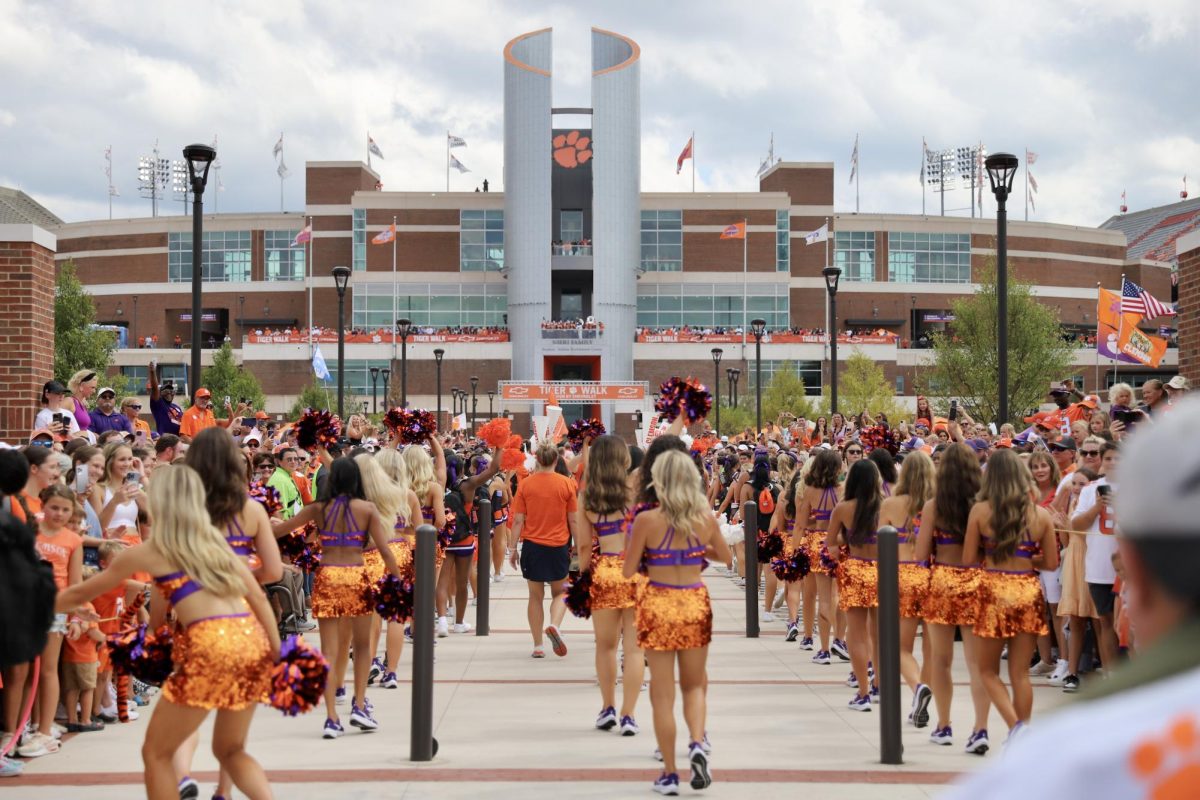

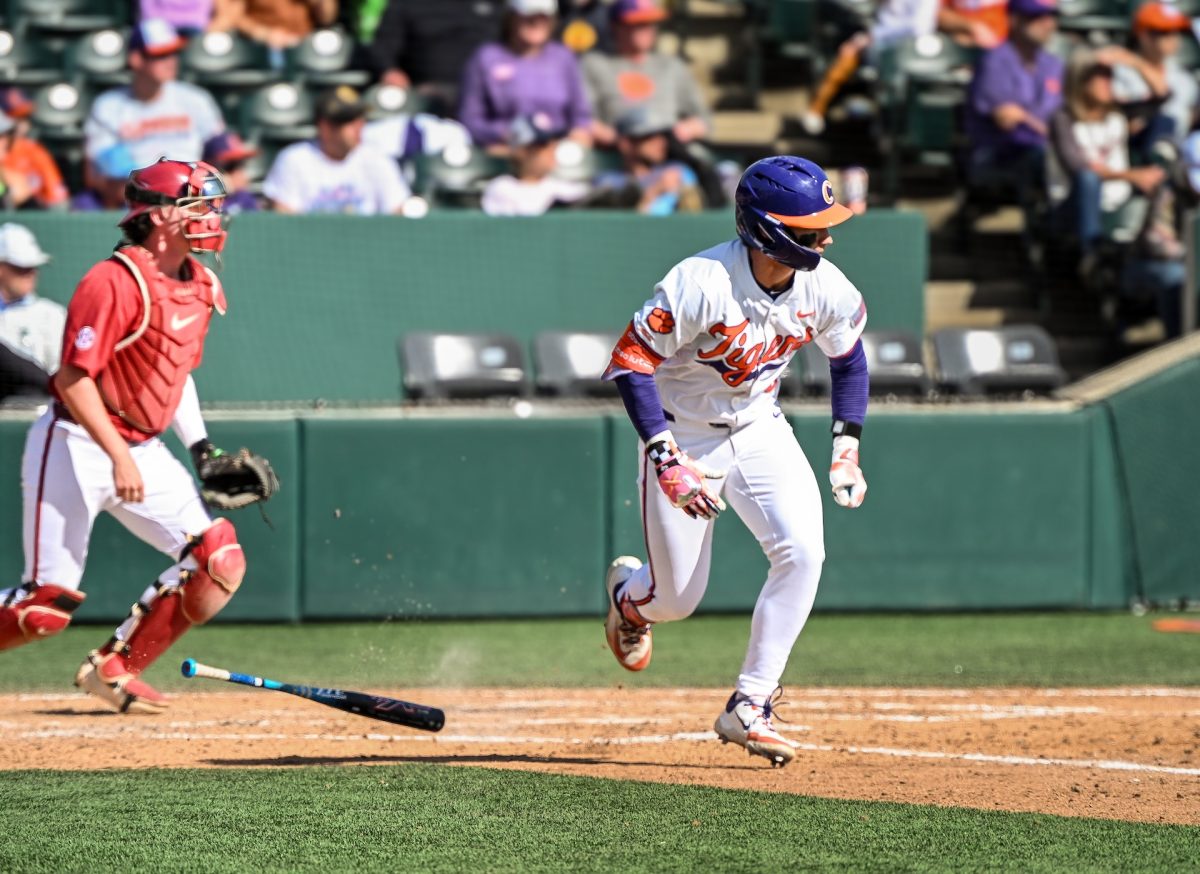
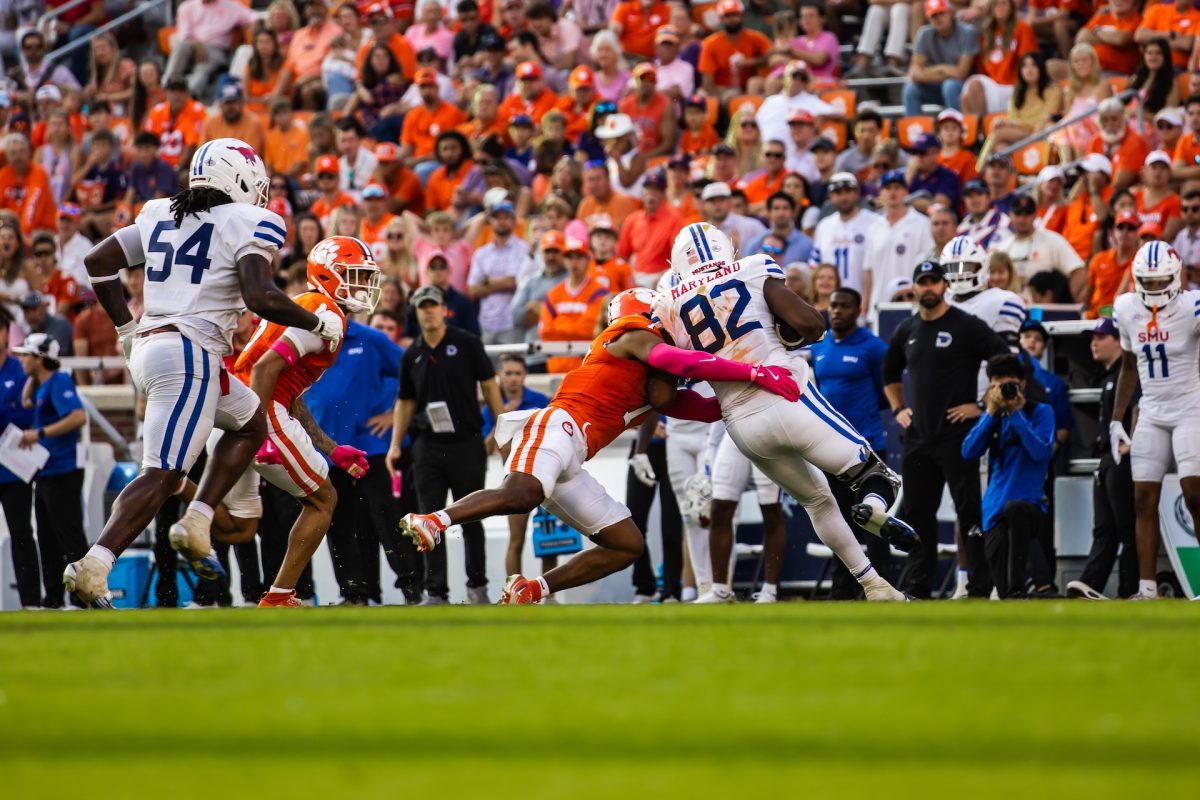
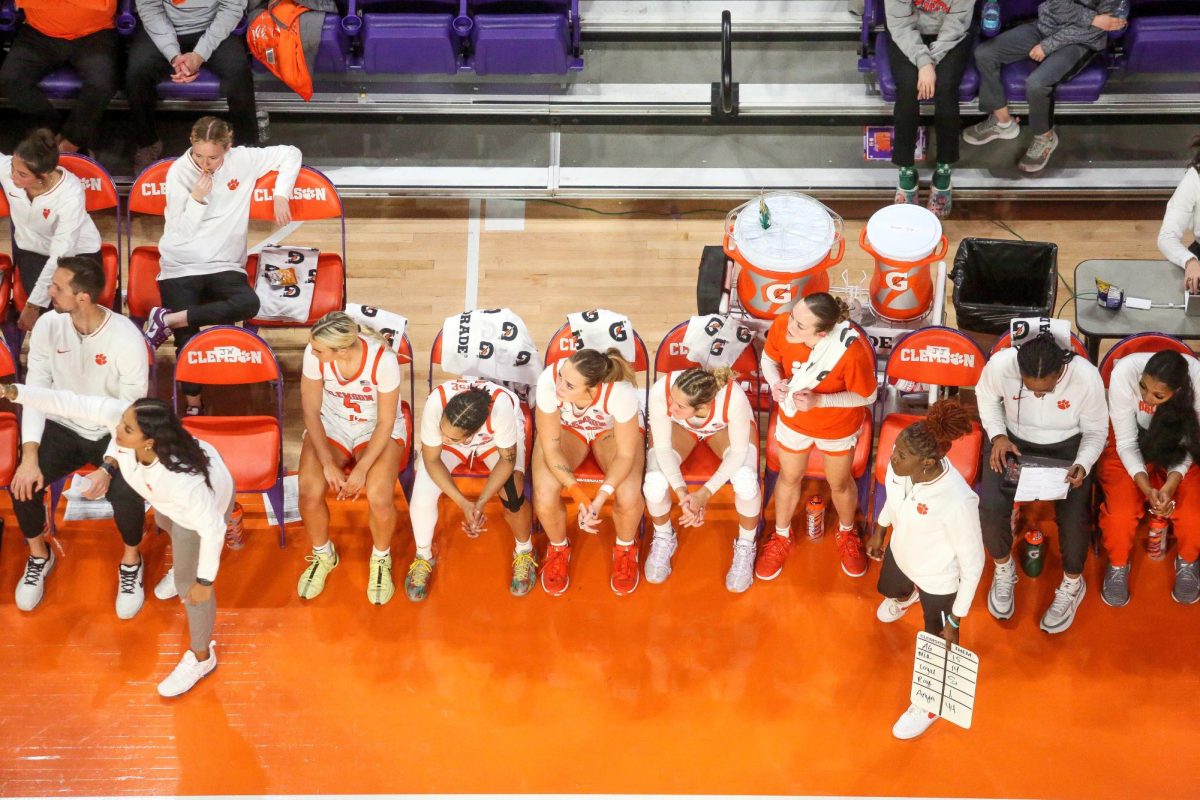
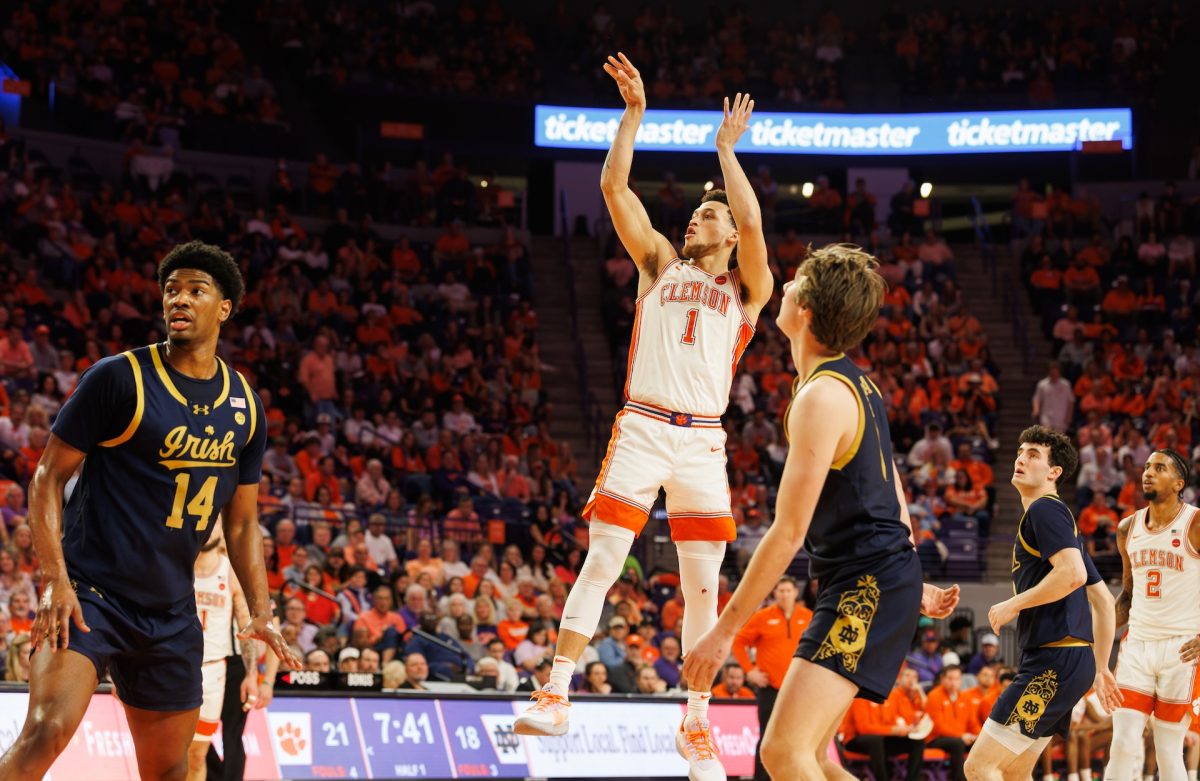
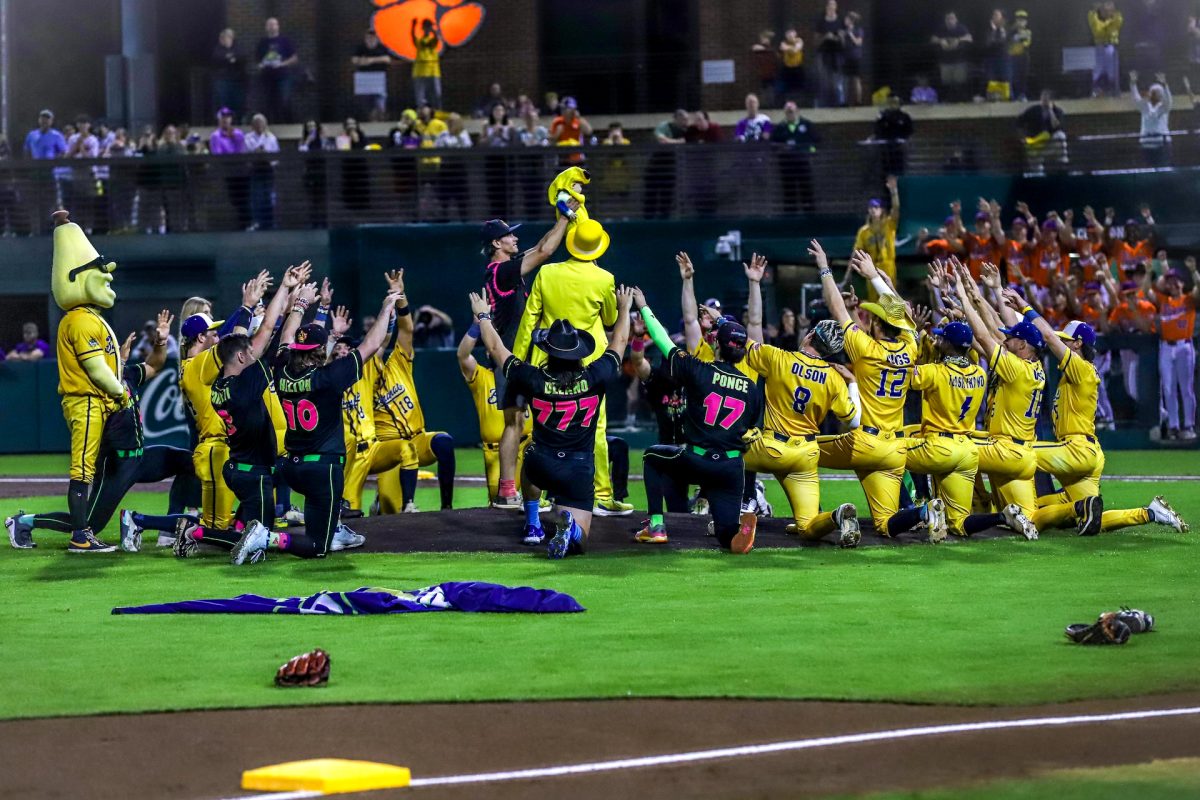
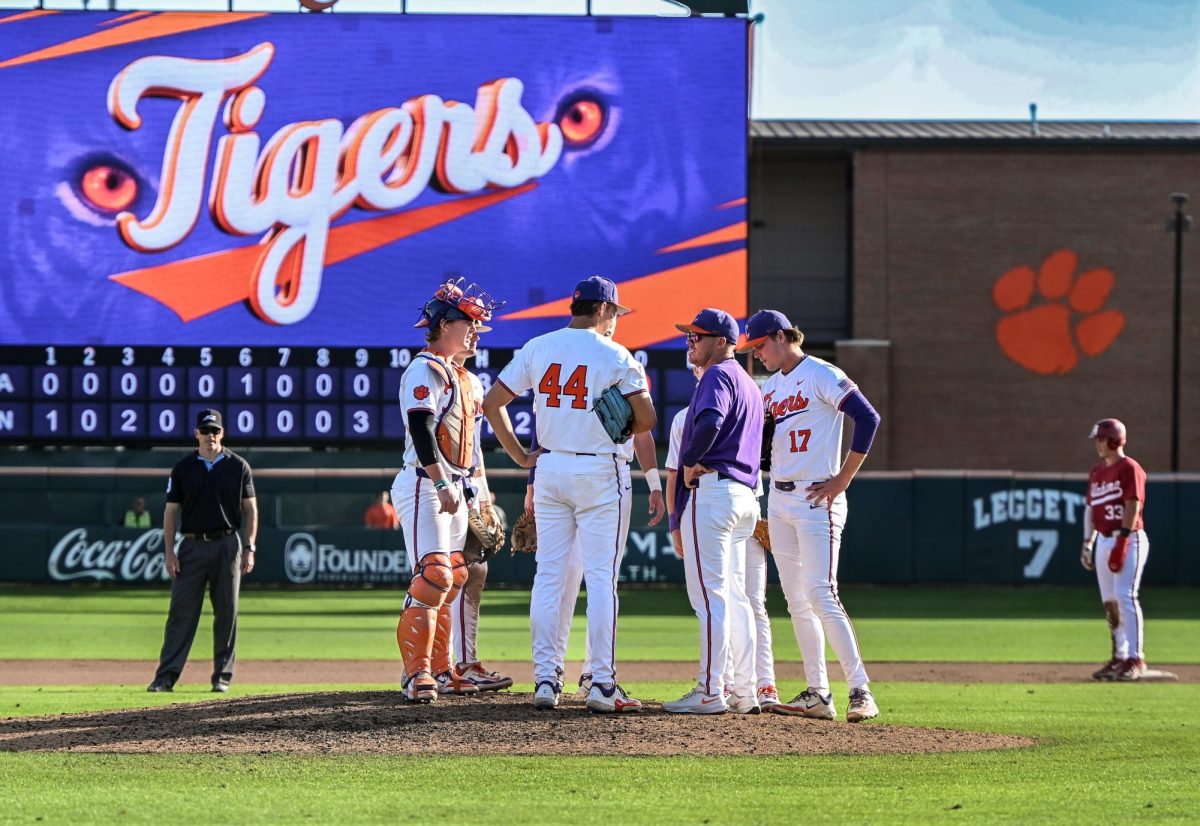
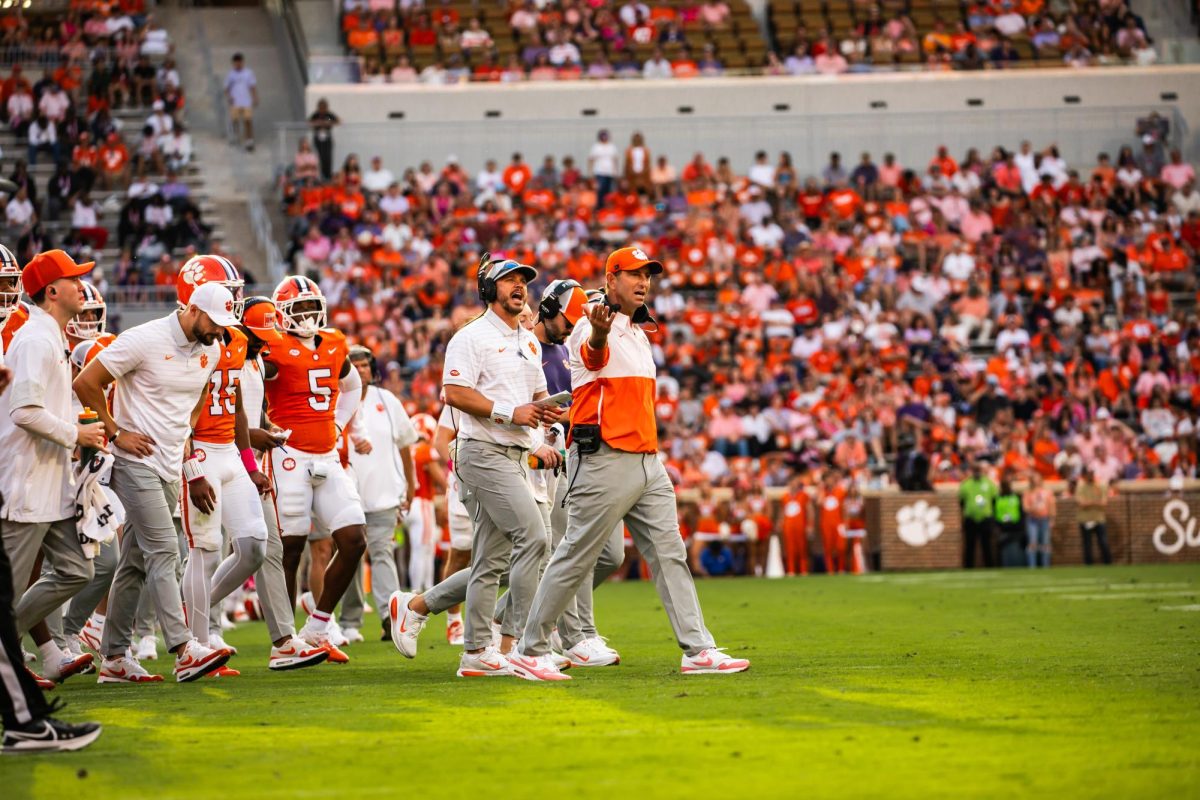
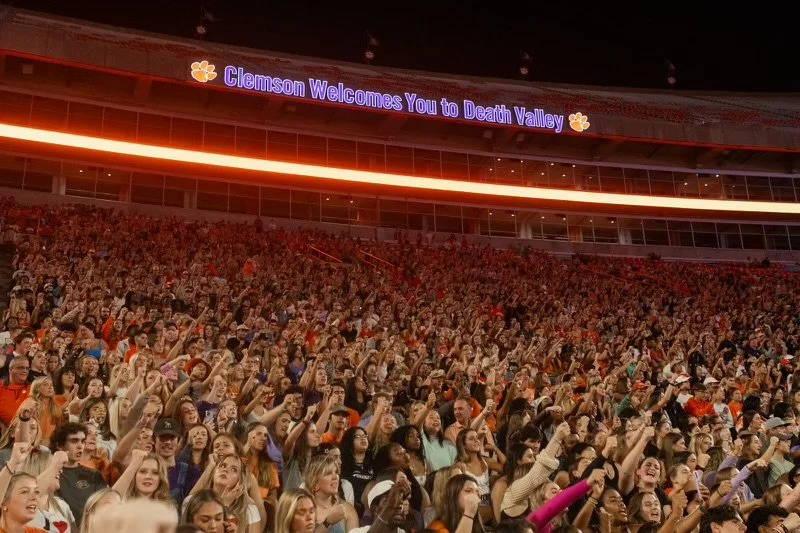
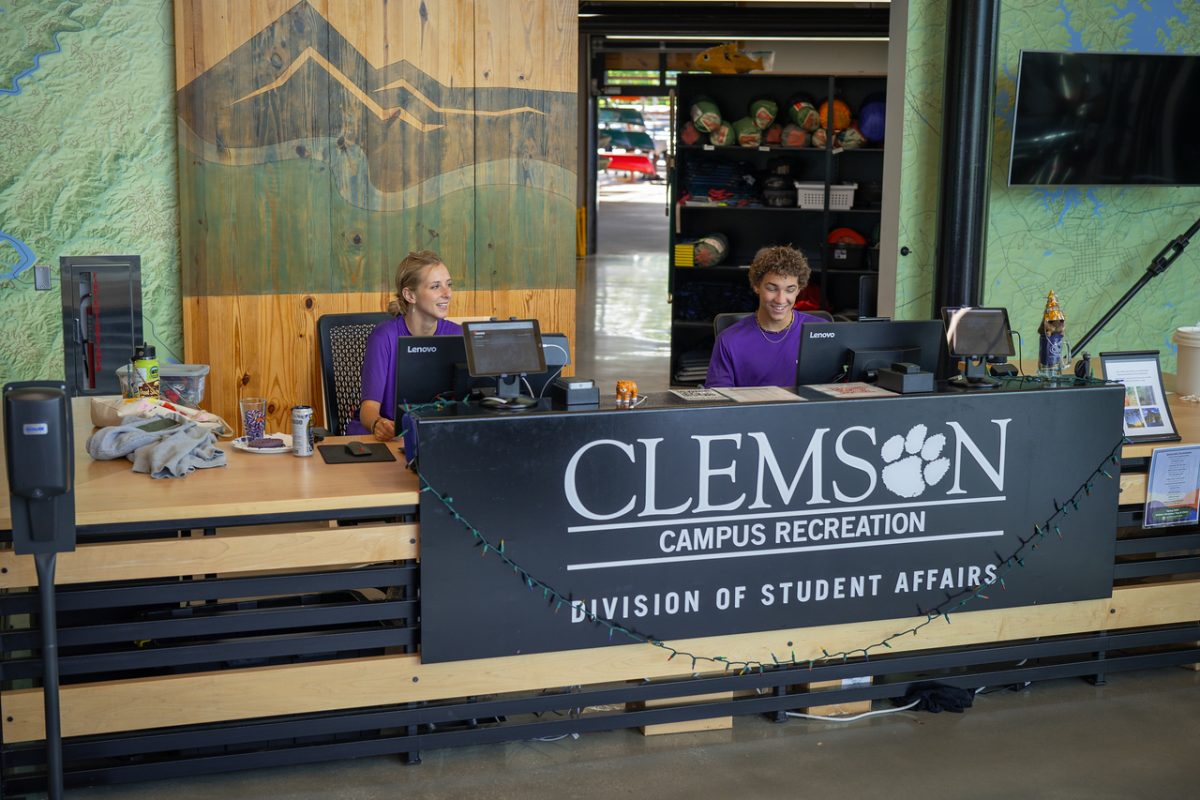
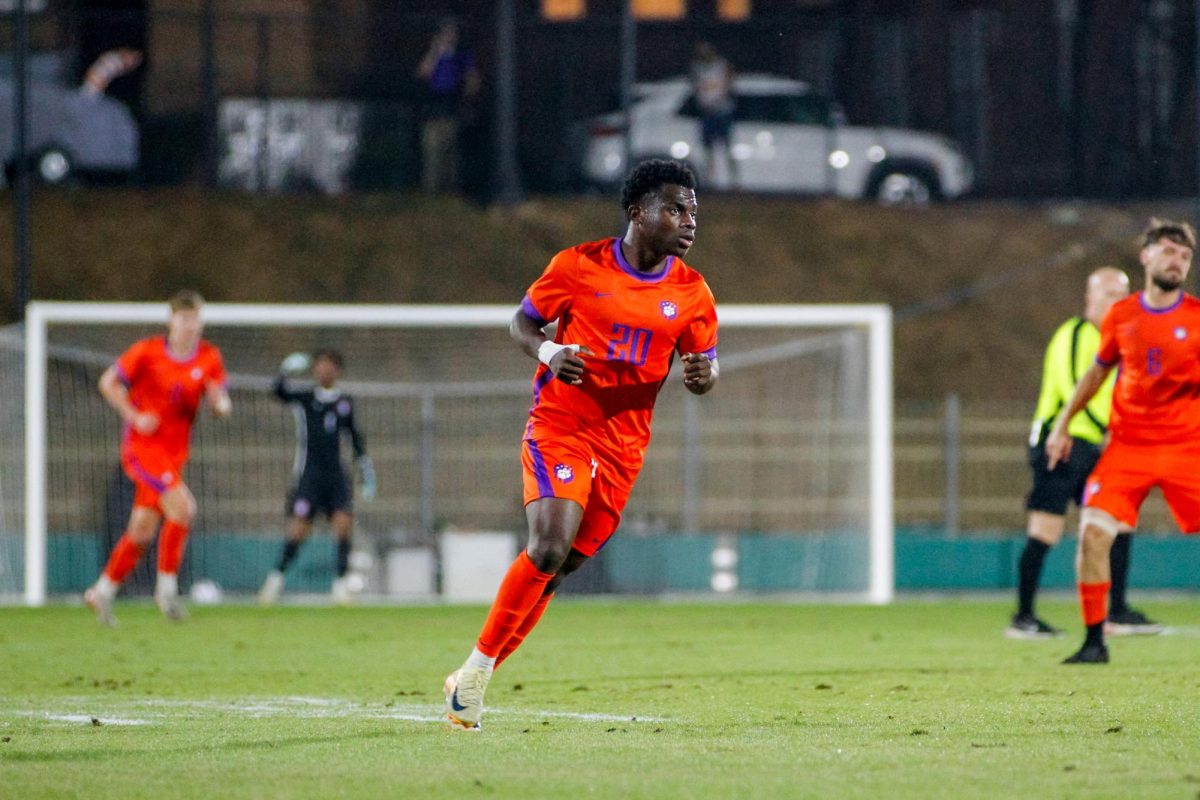
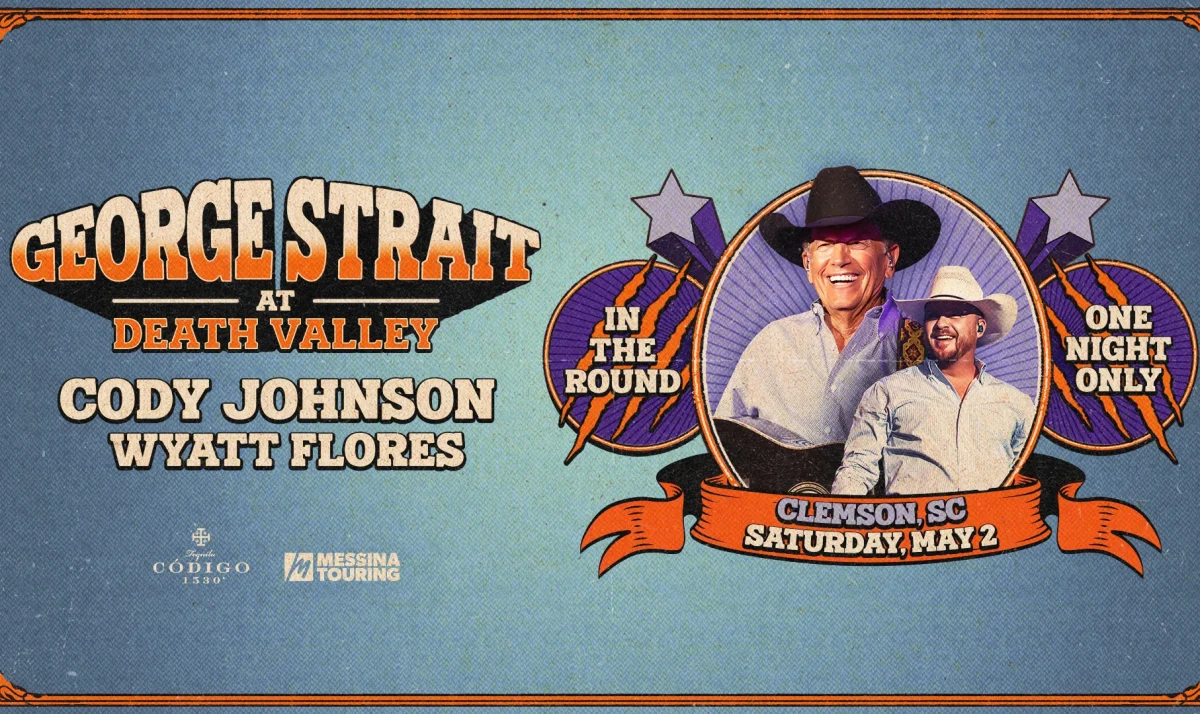
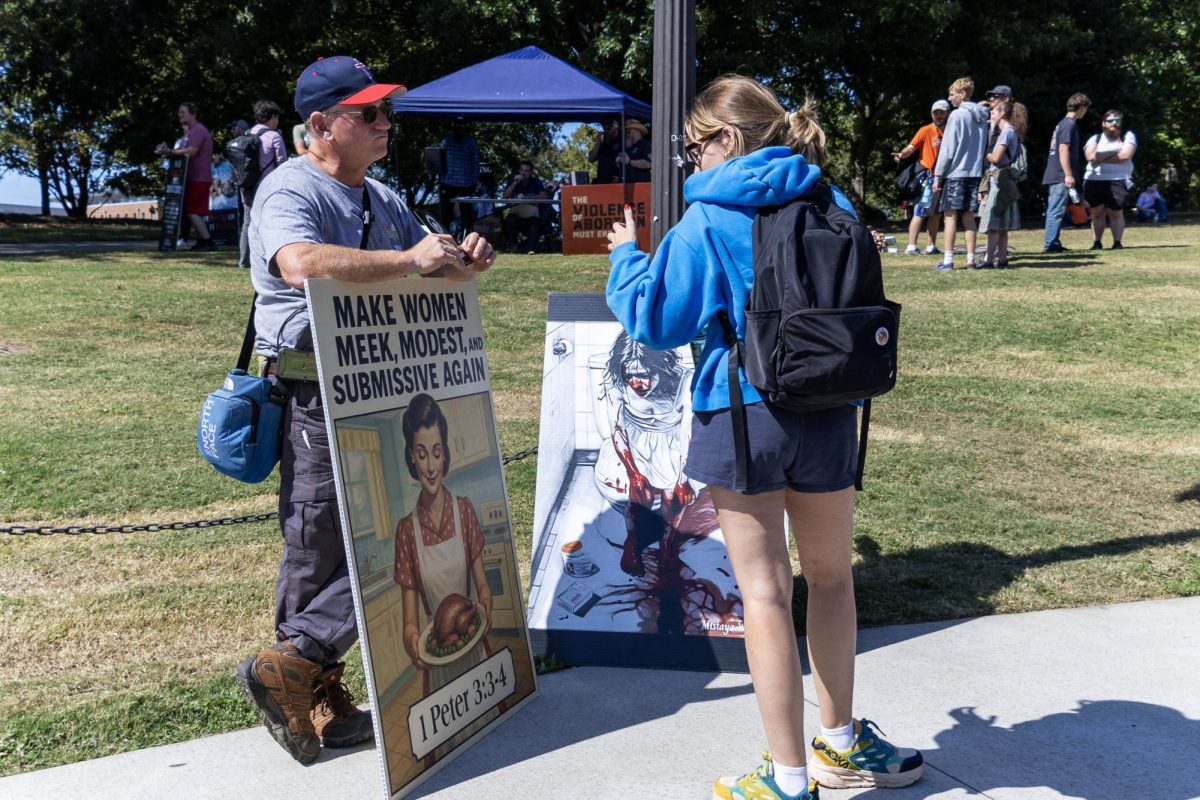
VERNON YORK • Apr 11, 2025 at 6:36 pm
Very Sad. As if we don’t have enough drunks on the highway and broken, damaged family from alcoholism. The love of money is the root of all evil. We are selling our morals for filthy lucre.
Stewart Fowler • Apr 11, 2025 at 6:42 am
We the people on this signed petition respectfully ask Clemson University officials and personnel to NOT allow any alcohol sales at any Clemson Sporting Event.
This NO alcohol request honors and respects our Clemson Sports family atmosphere where parents, grandparents and children come together to enjoy the games in a safe clean environment in keeping with the 135 Year old tradition since Clemson was founded in 1889 Thank you for your attention and respect for this request that will continue to set Clemson apart as one of the finest College institutions in America
Signed Petition
Stewart Fowler